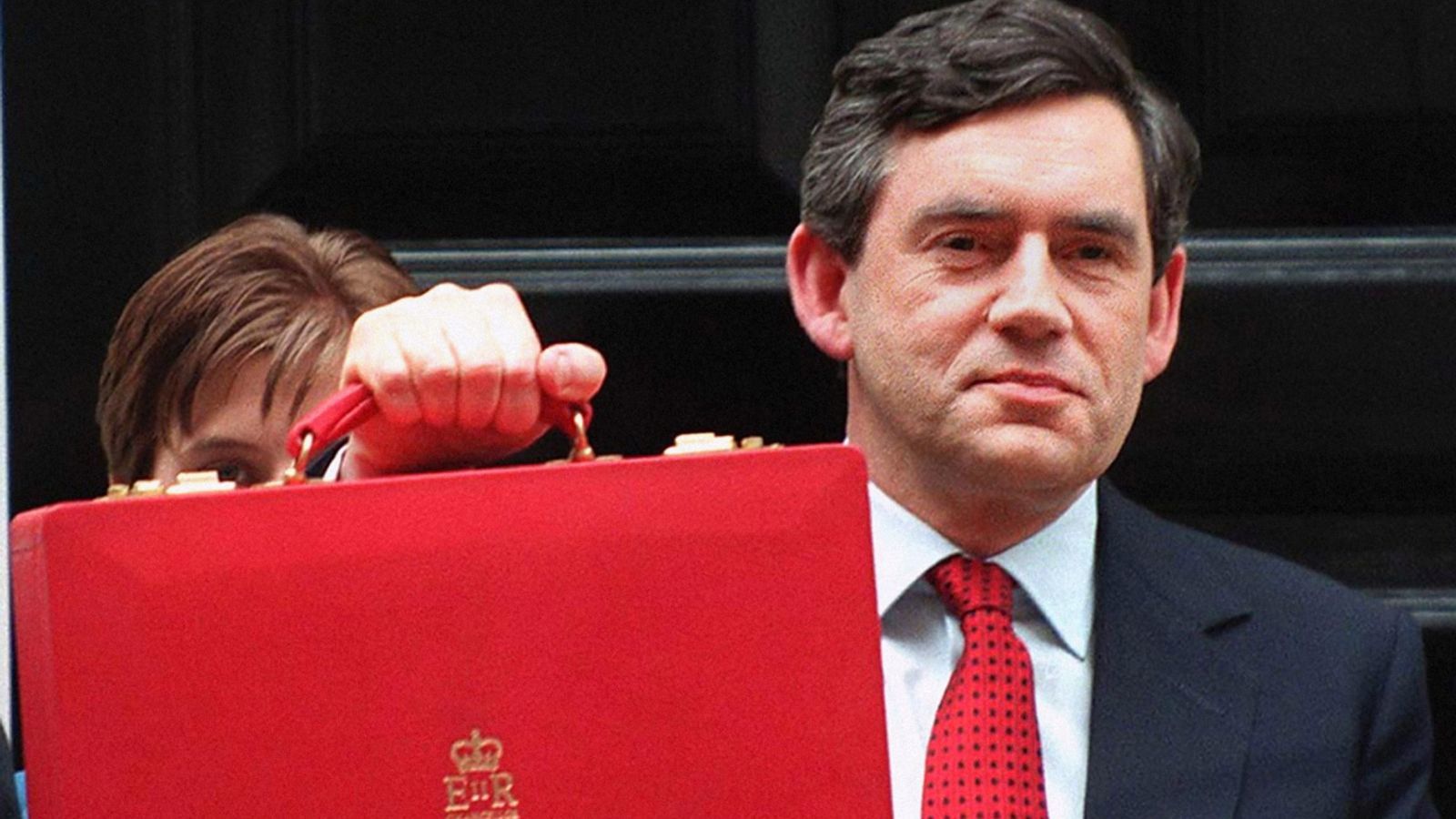Both BP and Shell have had record profits at a time when households are feeling the squeeze from a perfect storm of soaring energy costs, a national insurance increase and a spike in everyday spending - but the government has argued a windfall tax is "not the answer".
With people seeing their energy bills soar, there have been renewed calls for a windfall tax to be imposed on oil and gas firms.
It comes after BP and Shell both reported a big increase in profits as prices continue to surge around the world, exacerbated by the war in Ukraine and the COVID-19 pandemic.
What is a windfall tax?
A windfall tax is a one-off tax imposed by a government that targets firms that have benefited from something they were not responsible for - also known as a windfall.
In the case of energy companies, they are reaping the benefits of sky-high prices in part because demand has increased as the world emerges from the pandemic and due to supply constraints following sanctions imposed on Russia after its invasion of Ukraine.
A windfall tax would affect firms from BP and Shell to smaller ones, such as Harbour Energy which extracts oil from the North Sea.
With households facing a cost of living crisis borne from a perfect storm of soaring energy costs, a national insurance increase, and a spike in other everyday costs, the argument is a windfall tax could be used to alleviate some of the pressures felt by the public.
Spain and Italy have already imposed such a tax.
The idea was featured in the Labour manifesto at the 2019 election, with the party arguing at the time it would raise £11bn and help transition towards a green economy.
One of the most famous examples of a windfall tax in the UK was one announced by then-chancellor Gordon Brown in 1997 when the privatised utilities were hit for around £5bn to pay for New Labour's 'welfare to work programme'.
What would Labour spend the money on?
Labour has said the government is "simply running out of excuses" to not impose a one-off windfall tax on oil companies.
The party says its proposal would save "most households around £200 a more" but pensioners and the lowest earners would have "targeted extra support" and receive "up to £600 off bills".
They say this would be achieved by removing VAT on domestic energy bills for a year from April 2022 and expanding and increasing the Warm Homes Discount.
Currently, only 2.2 million households get the £140 Warm Homes Discount on their energy bills.
Labour say they would increase the budget to £4bn to ensure the 9.3 million households who would eligible to receive the payment - including low-income pensioners and working-age households with young children or disabilities - receive a £400 discount.
Everyone on pension credit or Universal Credit would receive the sum.
How much profit have oil companies been making?
Energy prices have rocketed in the last year and in April, the energy price cap was increased by 54% for the average household. Bills look set to rise even further when the price cap is next revisited in October.
But this high price for oil and gas has also led to a massive increase in profits for energy companies.
Last year, BP made a profit of £10bn and admitted it has "more cash than we know what to do with it".
Meanwhile, Shell has reported record operating profits of £7.2bn.
What are the arguments against a windfall tax?
 A tax could deter investment in the North Sea
A tax could deter investment in the North Sea
Oil and gas companies already pay an elevated rate of corporation tax, at 30% on their upstream profits - compared to 19% for most other companies.
They also pay a "supplementary charge" of 10%, so the sector is already being taxed at more than twice the rate of a typical business.
There are also concerns it could deter investment in the North Sea and would leave the UK even more reliant on oil and gas from overseas. With the UK is trying to wean itself off Russian imports, this could see prices rocket even further.
Has the UK introduced a windfall tax before?
 Mr Brown introduced windfall taxes in his 1997 budget
Mr Brown introduced windfall taxes in his 1997 budget
Gordon Brown introduced a windfall tax in his first Budget in 1997 on more than 30 companies that had been privatised by previous Conservative governments.
Among them were Scottish Power, BT and BAA.
Labour said these companies had been undervalued when they were privatised and the tax raised £5.2bn over two years.
In 1981, the Conservative government imposed a similar levy on banks, arguing they had benefited from high interest rates.
What has the government said about it?
Prime Minister Boris Johnson has previously said it is better for companies to invest the money into renewable energy rather than pay an extra tax.
During a visit to a school in his Uxbridge and South Ruislip constituency at the start of May, the PM said: "What we don't want to do is make the same mistakes as previous governments... as I've just been saying - fail to invest in our energy supply. So that's the message that we're giving to the big energy companies."
However, chancellor Rishi Sunak is expected to bow to pressure to impose a windfall tax on energy companies when he sets out the government's latest plan to tackle the cost of living crisis.
Although not confirmed, Treasury sources have also not denied reports that he will scrap the requirement to repay the £200 discount on energy bills, and could increase the level of the grant.
The announcement comes a day after Sue Gray's much-anticipated report on lockdown-breaking parties in Downing Street was published, prompting critics to accuse the government of bringing forward the measures to distract from the fallout.
Brexit minister Jacob Rees-Mogg has previously rejected calls for the tax, adding: "Short-term raids on companies are not the answer to an inflationary problem."















